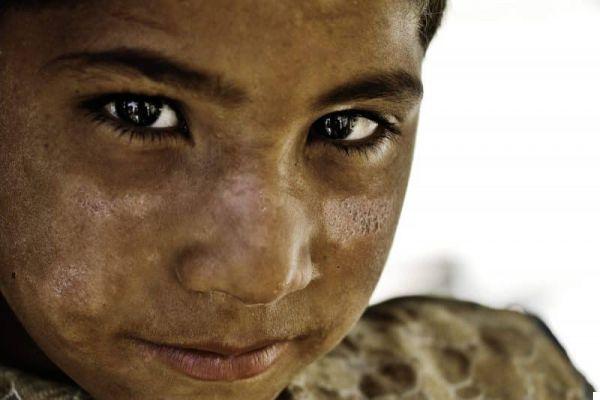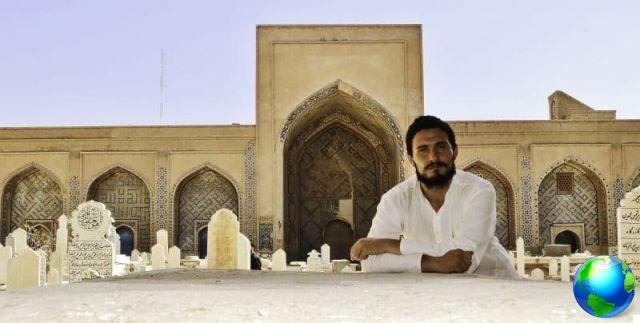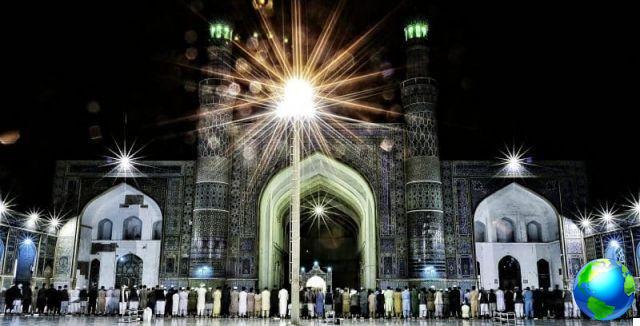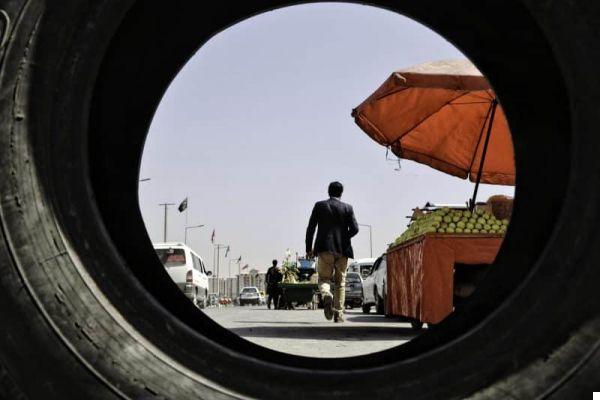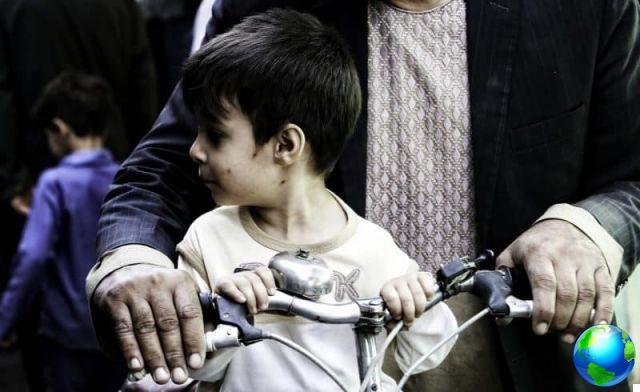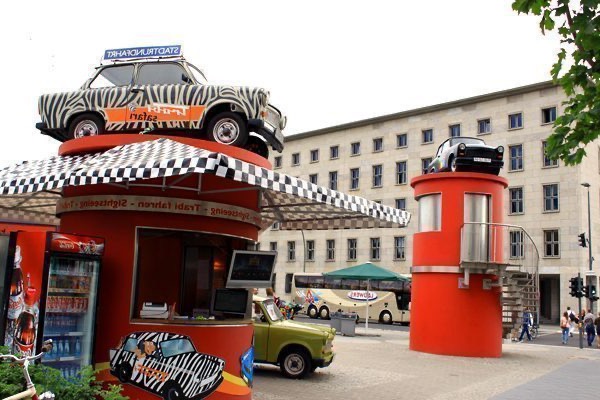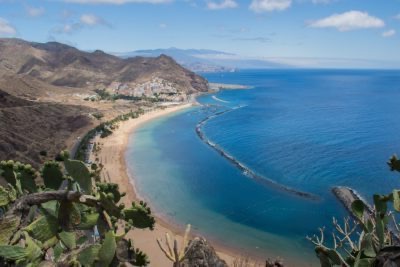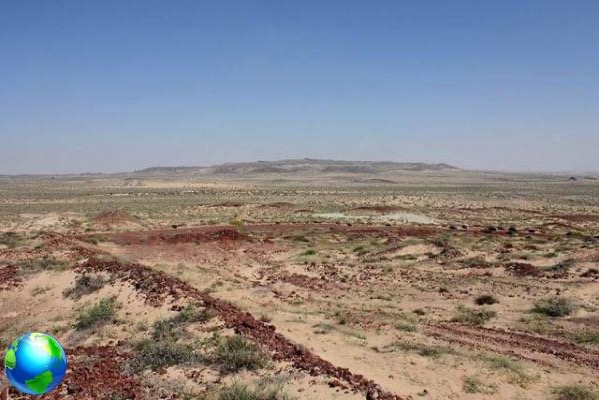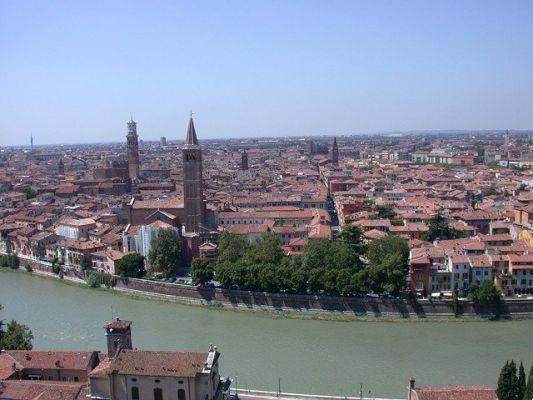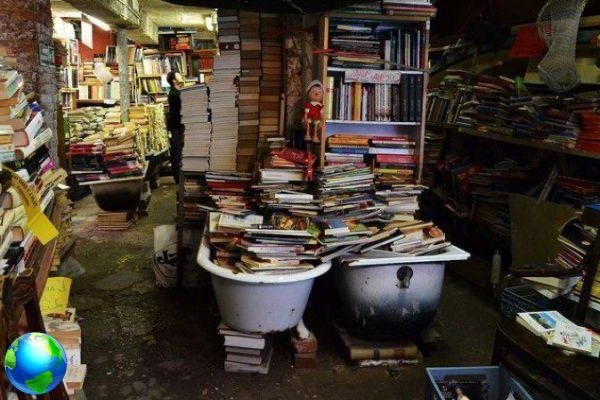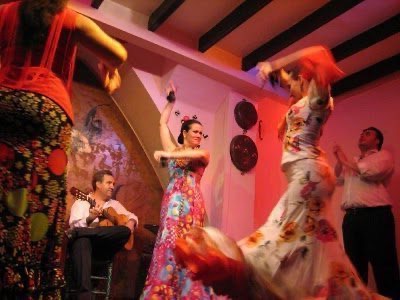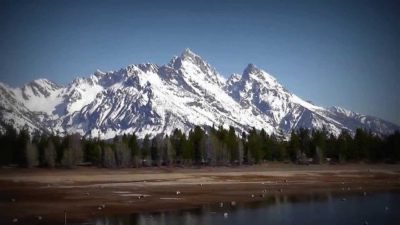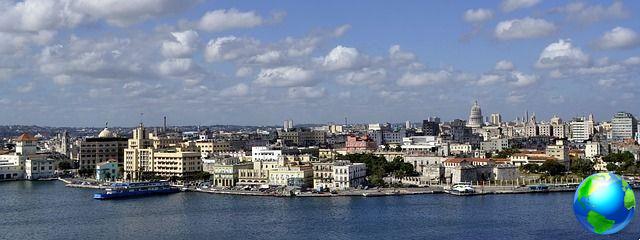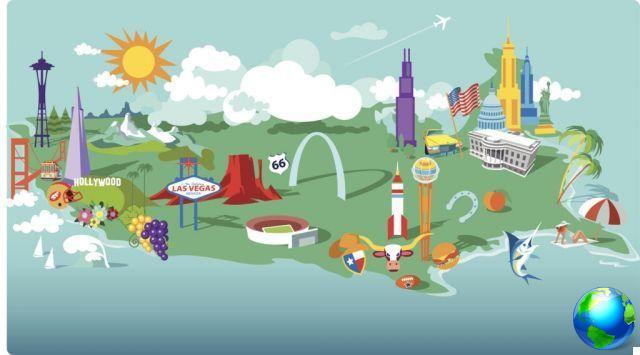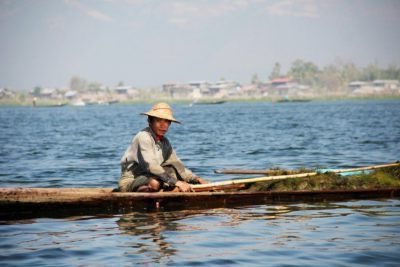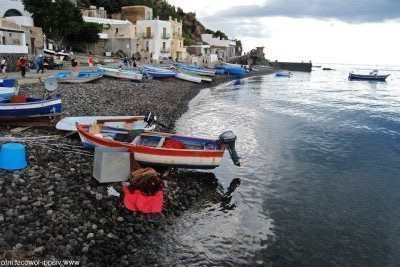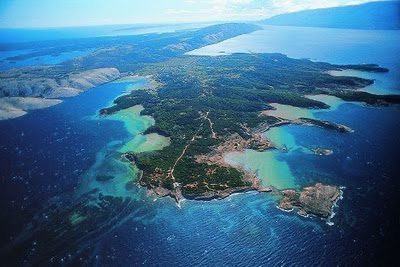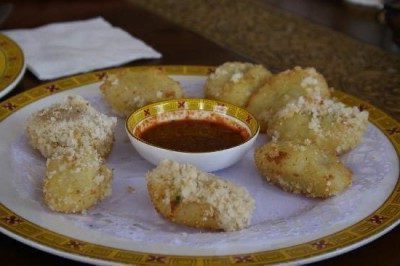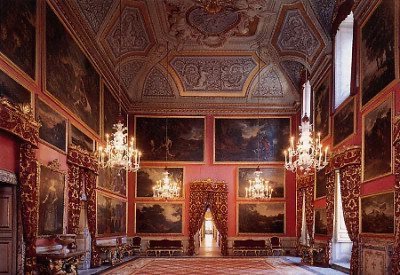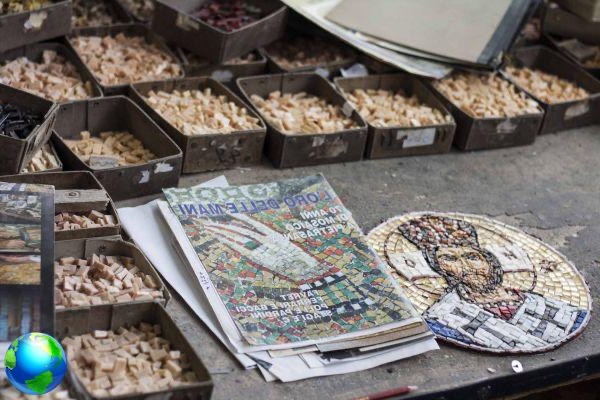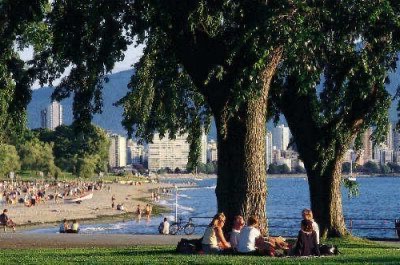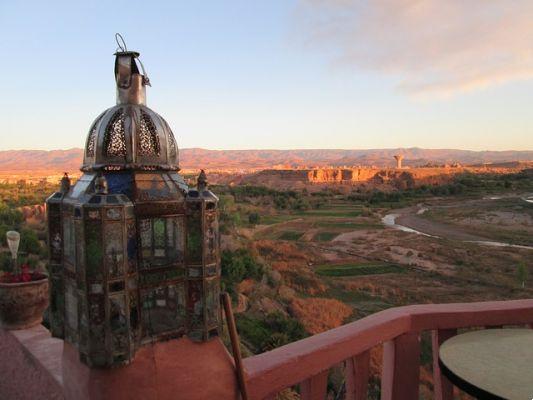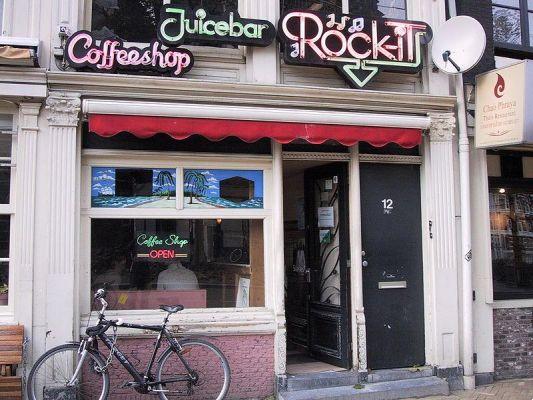I have known "virtually" Mario Aurino recently thanks to some beautiful ones photo about Afghanistan which he posted in a travel group on Facebook. Although it is "only" photos, his post has sparked a lot of controversy (so much so that it has been banned from the group) and I decided to take an interest in his story. I then contacted him to find out if he was available to tell me about his amazing trip to Afghanistan, a country that has always fascinated me and which, unfortunately, is considered (in the collective imagination but not only) among the most dangerous in the world.
This is his story and that of his fantastic journey.
Mario Aurino was born and lives in Sorrento. After the classical high school diploma he enrolled in Law graduating in Forensic Address which was followed by a brief experience of legal practicum, occasional jobs, a Master, various collaborations in web journalists and a fruitful collaboration with Unicef, of which he was also a photographer in Official Events. Subsequently he decided to invest time and professional energy in the tourism sector and in the enhancement of its territory. He currently manages some holiday homes and provides advice for travelers who decide to visit his land.
Passionate about photography, he has been backpacking alone for over 10 years and has visited 40 countries on 5 continents, tackling decidedly unusual and unusual itineraries and destinations. A trip above all: in 2016 he crossed the entire African continent from north to south, from Alexandria in Egypt to Cape Town, alone, using only public transport. As he himself says, “I prefer to travel alone using only public transport, because I have always been fascinated by the idea of dealing with the logistical difficulties that local people face. I love long journeys, those in which the slowness of the journey allows you to reinterpret the boundaries of time and space you are used to. I am in love with that sense of community that is created in long journeys by train, boat or bus in which time, space, food, expectations, anxieties and difficulties are shared and stories are told, arriving at their destination with a new, small family. A sort of journey within a journey ”.
When did you leave and how long did the trip to Afghanistan last?
I left on September 22, 2017. My journey lasted about two weeks. Unfortunately, there are bureaucratic constraints linked to the "tourist" visa that hardly allow longer stays. The length of the visa is determined by your flight plan and the detailed daily travel program required in which you must indicate and describe, day by day, the places you intend to visit.
When did you start thinking about going to Afghanistan and why (have you already been to Pakistan or other neighboring countries?)
The choice of Afghanistan was born quite randomly. In reality my original project was to cross Asia by land, starting from Spain to Beijing, passing through Eastern Europe, Turkey, Iran, Turkmenistan, Uzbekistan, Kazakhstan, China, without touching Afghanistan and retracing, with some deviations, one of the ancient Silk Roads. During my research on Central Asia, by chance, I came across some articles and photographs that told the history and some itineraries of Afghanistan before the Middle East crisis, trying to offer a broader and more articulated overview than that that today's Western media feed us. It was love at first sight! Over the next few weeks, I tried to refine my research and began to feel an inexplicable empathy with this nation. The rest came by itself in a completely natural way, causing me to set aside my old project, to launch myself in this new adventure.
On some previous trips I had been to China, Myanmar and Pakistan, but, on balance, I can say that Afghanistan truly represents a world apart, which has no comparison with neighboring countries.
How long did it take you to prepare and organize the trip (visa times, permits, etc. but not only) and where did you find practical information on the country (what to see, how to get around, where to sleep, etc.)? Don't think there is the Lonely Planet of Afghanistan?
Obtaining a visa took about a month between preparation of the documentation and consular time. Finding information was one of the biggest difficulties. Up-to-date travel guides are absent and even in blogs or travel forums sources are scarce. However, this allowed me to prepare myself by going beyond the schemes and standardizations of a “classic” trip and, even if it was very demanding, it represented a beautiful test of maturity as a traveler. I remember the nights spent on books or searching on the web, painstakingly trying to build the journey step by step, like small pieces of a mosaic. Unlike other trips I have tried to invest a lot of my time also in historical, religious, sociological research with the aim of arriving there prepared. To live the experience of such a complex reality in full awareness it was necessary to have a solid starting point. Obviously another fundamental aspect was the retrieval of safety information. I decided to leave the choice of travel and accommodation, perhaps unconsciously, until I was there and with hindsight I can say that it was the right choice.
Were you able to freely choose which itinerary to follow or did you have constraints related to security / geopolitical problems?
As an individual traveler, no restrictions have been placed on me. However, security reasons have indirectly forced me to make some choices. Unfortunately, I had to foreclose the southern and south-eastern areas of the country, those that perhaps most vividly represent the ethnic-tribal variety of Afghanistan. The guidelines of the Farnesina and the information obtained from various official and non-official sources were very valuable. Although the risk of attacks and attacks is widespread and present both in large cities - starting from the capital - and in rural areas, I have tried to minimize the risk factors without precluding, as far as possible, a certain freedom of movement that is the basis of my travel ideal.
Did you enter Afghanistan by land or by flight? How did you move around?
I flew in and out of Afghanistan on a Turkish Airlines scheduled flight. I made the internal movements by land, with deliberately makeshift means (trucks, carts, motorcycles, cars). As previously said, even the main land transport arteries are not immune from the risk of attacks and ambushes that often also involve local people, so I tried to be less identifiable as possible, even with a careful choice of clothing.
Someone told me that we Westerners can only travel to Afghanistan under escort. It is true?
Obvious security reasons suggest escorting. From a strictly "normative" point of view this is not required. However, both the Spanish and the Afghan governments strongly advise against using public transport and avoiding walking or at night, urging to travel, where possible, by convoy. Obviously this last option, having decided to leave as an "independent" traveler, I have not even considered. Beyond the "imposed" limitations, it is necessary to adopt a series of precautions which, although they do not eliminate the risks, greatly reduce them, such as avoiding attracting attention by using typical clothing and not giving appointments in fixed places to people who do not know each other. For example, I carried my camera and video camera in a sack of potatoes I got from the market just to be able to walk on foot in perfect anonymity and I have always used traditional Afghan clothes.
Which is the place you liked the most and why
Really difficult to choose. Kabul is one of the most beautiful and enigmatic capitals I have ever seen, both from a morphological and historical point of view and is the sincere mirror of all the contradictions of this nation. The “Ka Faroshi” bird market, in the historic center, is unique in its kind and represents an authentic cross-section of Afghan society. It is an ancient area, with narrow alleys, where the sun enters shyly even in broad daylight. A river of people who come and go, bargain, discuss. Also wonderful is the Masjid-e Jamu Mosque in Herat, inside which the Sufi Masters have granted me the rare honor of both taking photographs and filming videos during the evening prayer.
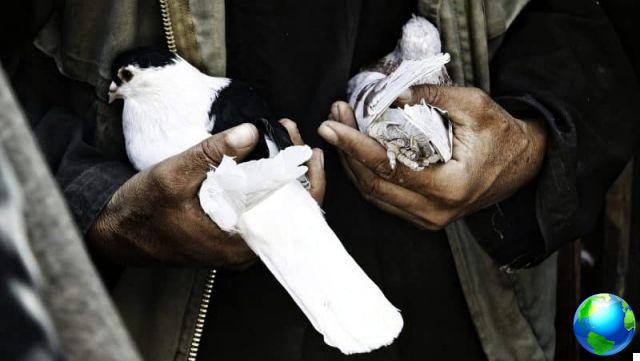
Is there a particular episode in which you thought you were in serious danger?
There have been no episodes in which I felt concretely in danger, however most of the areas, especially in Kabul and Mazar-i Sharif, are heavily militarized, with a large presence of armed and security forces, checkpoints and concrete barriers. and barbed wire both in the center and outside the city perimeters. As if to remember that you are never really safe.
A super positive episode that hit you?
There would be many episodes to tell, because the hospitality and kindness of the Afghan people were a constant throughout my stay. The thing that surprised me most positively was the absolute availability of the Afghan security forces towards me. I was greeted with great kindness and broad smiles and almost always exempted from long checks and searches. Perhaps the most beautiful and significant episode of all was when, one night, the armed guards placed in surveillance of the Shrine of Hazrat Ali Mosque - better known as the Blue Mosque - in Mazar-i Sharif, specially opened the gates for me so that I could “Take pictures and show the beauty of their city to the world”. Spending a couple of hours with them, in a silent surreal atmosphere of stars, moon and a subtle light that refracted on the shiny tiles that adorned the mosque was an experience that reconciled me with the world.
How would you describe Afghans? How much did you interact with them?
It is a strong and proud people with a deeply rooted cultural identity that expresses itself at 360 ° in all sectors of their social life: from the religious to the culinary one, passing through clothing, habits and customs. The way in which Afghan society is traversed by modernity is quite peculiar. There is a perennial mixture of novelty and tradition and it is a people that has the ability to continually reinterpret itself. Despite the signs of war, poverty, famine, attacks (and all that micro and macrocosm of unfortunate events that have persecuted the population for hundreds of years, inevitably marking the social fabric) there is a great desire for life, for change and rebirth, a feverish and magnetic existential fervor and an absolutely unexpected human warmth.
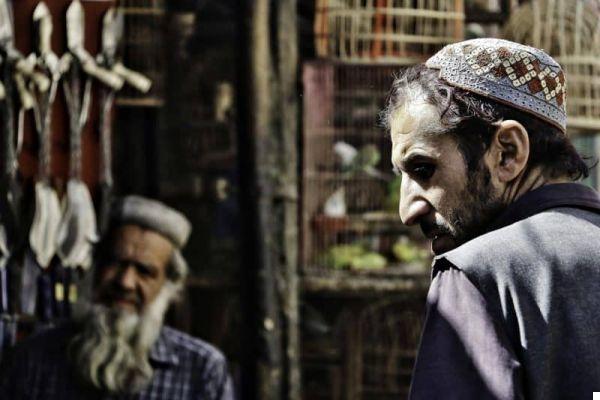
And Afghanistan? Kabul? I know there are some incredible natural beauties
Afghanistan enjoys naturalistic and historical beauties that make it one of the most beautiful destinations in the Middle East. From the Bamiyan Valley to the cobalt blue lakes of Band-e Amir, the mountains of Koh-e Baba, passing through the Wakhan Corridor in the upper Pamir, the Salang tunnel that connects the Hindukush to Kabul, the Karakoram range, up to the eastern tribal areas of the Nurista which is told in the book "A Short Walk in the Hindu Kush" by Eric Newby. Unfortunately, military operations and tribal clashes make some of these wonderful areas off-limits. Kabul itself, which stands on a plain bordered by the Hinukush mountains, and is cut in two by the river of the same name, is a lively city with a morphology that makes it unique compared to any other place in the world. An urban gathering in an arid and surreal mountainous area, in the middle of an asymmetrical plain interspersed with small hills dotted with irregular and disordered colored houses, dotted with lakes and a few sparse green corners (such as the wonderful gardens of Bagh-e Babur ).
Have you met other tourists?
No, I haven't met other Western tourists. It is understandably a destination totally out of the tourist circuit for both independent travelers and tour operators and I myself don't feel like recommending it, not even making use of specialized tour operators.
Is it still as dangerous as they say? Is it the most dangerous journey you've ever taken?
It is a nation whose road to peace and reconstruction is still long and complicated. At the moment, both domestic and foreign military presence is very strong. The operations of the contingents located throughout the territory are varied and the conflict between tribal groups is high. The presence of terrorist groups or simple bandits is deeply rooted. Social tensions and attacks are frequent, both in large cities and in small towns and target both national and foreign institutions, as well as some of their own places of worship. The ethnic-religious conflict between Shiites and Sunnis is still dramatically unsolved.
However, it is difficult to establish an exact correspondence between the narrative of the mass media and the real situation. The perception is of an unsafe and very chaotic country, which tries to react in a disordered and inorganic way. The security services, although present in large numbers and well located, have great logistical and organizational difficulties that do not make them efficient. It is also quite evident that not all staff are properly trained and prepared.
I can't say if it was the most “dangerous” trip I've made. It was certainly one of the nations where I felt a greater degree of insecurity, despite the fact that no unpleasant event actually happened to me.
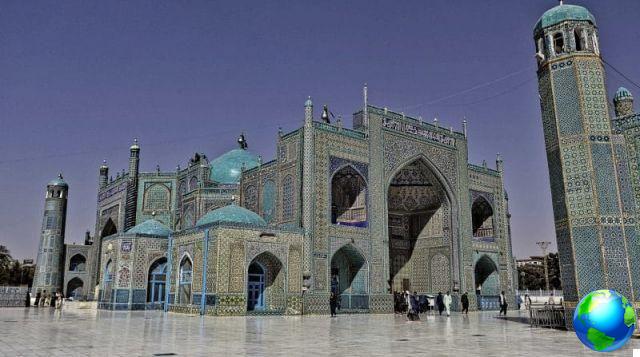 How is the war experienced? Have they resumed a life that can be defined as normal?
How is the war experienced? Have they resumed a life that can be defined as normal?
The life of the average Afghan is far from normal, however much you try to go on despite everything and live a common daily life. Listening to the stories of those I met, I realized that almost everyone had suffered one or more deaths in the family, whether it was for the war, for some bombs or for attacks. There is a widespread state of resignation to a condition that has persisted for too long and which is now interpreted as an ineluctable situation from which it is not possible to redeem oneself. I also noticed a certain reluctance to talk about the current socio-political situation. Taliban, Daesh and the presence of foreign military contingents are, for many, a taboo subject or in any case on which one does not have clear ideas. This entails a structural difficulty in creating a common front and finding shared and homogeneous solutions. From the outside, the impression I had is of a weakened society, torn both internally and externally and still strongly divided, but which, at the same time, has all the resources to regenerate and start again. There is still a perceptible strength in the Afghan people.
Do you think it would be more difficult for a woman to make this trip?
Most of the security problems that affect a possible trip to Afghanistan are shared by both women and men to the same extent. However, it is undeniable that the role of women in Afghan Islam is totally defined and harnessed by religion both in terms of dress and behavior or mere presence in specific places. A traveler should use particular and more caution and would generally be viewed with more attention and suspicion, especially if alone and without male company. We must realistically consider that not all Afghans are culturally open to the idea of women as we Westerners understand it and this, in a possible trip, should not be underestimated.
How far is the reality of today's Afghanistan from what comes to us from TV and other media?
More than distant, I would say that there is a partial and sectoralized truth. We talk about Afghanistan exclusively for political events, military operations and terrorism, putting social, cultural, religious aspects in the background (guilty) and above all we never consider the delicate balance between the various tribal communities, whose resolution, in my opinion , is the key to starting a stable and lasting restructuring process for the Afghan company. All this does not make it possible to place today's Afghanistan in a correct dimension, whose past history still has a consistent specific weight in the stabilization process that has been painstakingly trying to implement in recent years. Most of the Western media deal with recounting news events on the surface, without delving into the depths of an articulated and dusty society which, due to its quality and complexity, deserves to be studied and investigated more carefully to be concretely understood not only by the "insiders at work "but also by ordinary people.
Do you think Afghanistan can go back to being a tourist destination (as it was in the 70s) in a reasonable time?
Really complicated to make predictions. If we look at the current situation, starting from the crucial finding of internal political and social balances that are still in a phase of uncertain and unpredictable transition, it is difficult to hypothesize a return of Afghanistan on the stage of international tourism in the short term. Of course I hope I'm wrong, because Afghan culture represents, despite everything, an extraordinary window on the world.
What are your present and future projects?
For some years now, the passion for travel has been taking place with photographic exhibitions in which I exhibit shots that mainly tell the story of tribal identities violated by modernity and by the central governments of reference, which often take away their lands, livestock, houses and try to induce them to give up. of their traditions by confining them to arid and remote areas of their respective countries. In some of them I was supported by Associations that promote fundraising for voluntary projects and international cooperation - I contributed to the construction of a pediatric surgery department in the Democratic Republic of Congo, to a food project in Uganda and to the construction of a house- Family in Benin and I personally take care of a website for the protection, promotion and development of the Batwa Pygmies who live on the edges of the Echuya forest in Uganda: a project in a complicated context in which I am committed myself, with many difficulties, and which it's really close to my heart. However, at this moment I have decided to temporarily put aside the photographic exhibitions, as I feel the need to give a different narrative cut to my travel stories. There are some projects in the embryonic stage that I am working on, from a book, which can be more than a travel diary, a sort of small spiritual heritage of my first 10 years as a traveler, up to a series of meetings in which it is possible to intersperse photography with a direct and immediate interaction with those interested in learning more about my experiences.
